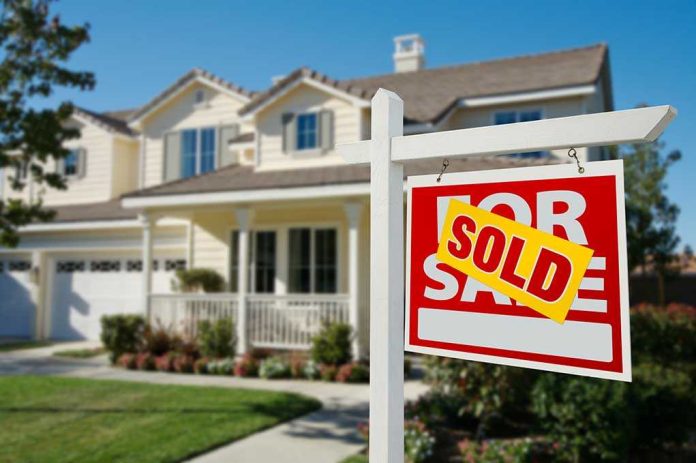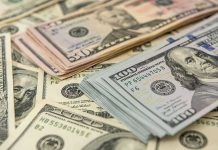
Skyrocketing housing costs are leaving millions of Americans house poor, threatening their retirement security and exposing the dangers of misguided government policies that erode financial freedom.
Story Snapshot
- House poor homeowners now risk running out of savings before retirement due to inflated mortgage and maintenance costs.
- Pandemic-era low interest rates drove many to overextend, leaving them vulnerable as rates and inflation surge.
- Financial advisors warn that disregarding basic affordability guidelines can lead to foreclosure and bankruptcy.
- Experts urge families to budget beyond lender preapprovals and prioritize long-term financial health over home size or prestige.
How Americans Became House Poor in Post-Pandemic America
In the wake of the pandemic, low interest rates and aggressive real estate marketing convinced many Americans to purchase homes at the upper limit of their budgets. As interest rates and inflation soared after 2023, these homeowners faced ballooning monthly payments and escalating maintenance costs. The situation is most acute in regions with high property values and stagnant wages, where owning a home—a cornerstone of the American Dream—has instead become a source of financial anxiety and diminished economic mobility.
The concept of being “house poor” emerged as a warning: when families devote a disproportionate share of income to homeownership, little remains for daily expenses, emergencies, or retirement savings. Financial institutions and government agencies have long cited the 30% income rule as a safeguard, but this guideline was often ignored during the recent housing boom. Now, over 37% of homeowners with active mortgages exceed this threshold, exposing them to the risk of default, foreclosure, and loss of hard-earned home equity.
The Real Cost: Long-Term Financial Security at Risk
Being house poor undermines not just monthly budgets but also long-term retirement plans. Homeowners who over-leverage themselves often resort to selling assets, refinancing at unfavorable rates, or even seeking predatory loans to cover routine expenses. As these financial pressures mount, there is less left to invest in retirement accounts, build a safety net, or support family needs. Experts warn that prioritizing square footage or neighborhood status over financial prudence may force some to work longer or settle for a lower standard of living in retirement.
The psychological toll of house-poor living is significant, with increased stress, strained relationships, and diminished quality of life. Past housing crises, including the 2008 bubble, offer stark reminders: over-leveraged homeowners are often the first to lose stability when economic winds shift. Today, financial advisors consistently recommend staying well below lender preapproval limits, carefully factoring in all potential costs—including repairs, insurance, and taxes—rather than relying on optimistic projections or sales pitches from agents and lenders.
Stakeholders, Policy, and Conservative Solutions
Key players in this crisis include recent homebuyers, lenders eager to maximize loan volume, and real estate agents motivated by higher commissions. Government agencies set affordability standards but have often failed to enforce responsible lending or protect consumers from overextension. Critics of past liberal housing policies argue that government interventions inflated home values and encouraged risky borrowing, while neglecting to strengthen personal financial responsibility or empower families to make informed decisions.
Moving forward, experts emphasize the importance of returning to conservative financial principles: live within your means, question government-endorsed debt incentives, and prioritize individual liberty and family security. Policymakers may face mounting pressure to reform lending standards and address housing affordability, but families can protect themselves by resisting cultural and market pressures to buy more home than they can truly afford. Ultimately, the path to retirement security depends on prudent budgeting and a renewed commitment to traditional American values of self-reliance and fiscal discipline.
Sources:
What Does It Mean To Be House Poor? – MyChoice
What Does It Mean To Be House Poor? – Quicken Loans



